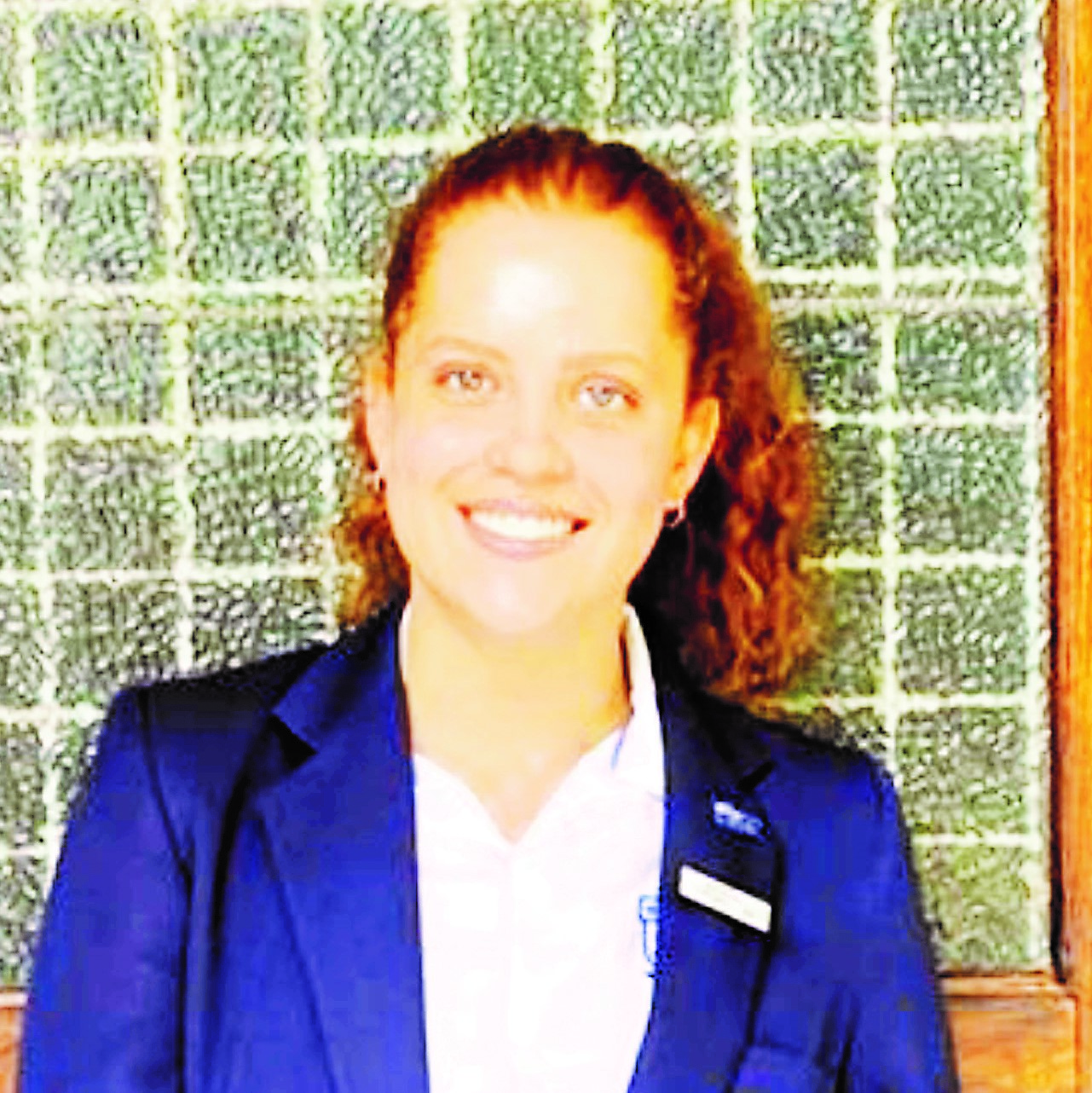
News

We don’t know enough about history
EVA MARANEY
There are many things I love and appreciate about my school and community. However, I find it somewhat regrettable to have grown up in a post-apartheid South Africa lacking a black narrative.
To deal with today’s inequality and racism in our country, we must understand the history and legacy of colonialism and apartheid, and our position of privilege.
I have always been inclined towards social justice. I have grown up in a liberal and open-minded family. For years, I have been a part of Habonim Dror, a left-wing Jewish youth movement that encourages critical thinking. I go to one of the best schools in the county. Yet, still, I find that I haven’t been exposed nearly enough.
Learning about apartheid and colonialism at school showed me how much I didn’t know, and still don’t know.
People who haven’t taken history in high school might never learn about racism in our country. History is compulsory only until Grade 9, and in those few years, one covers only an inadequate volume of information.
Learning about racism – as opposed to experiencing racism – is a part of white privilege. Being able to stay silent about these issues is a part of white privilege.
It would be ignorant to say that racism doesn’t exist within my school or within the Jewish community. Racist language and rhetoric often flies under the radar.
Often, we feel as if we cannot create change by ourselves, but we have to start with the basics. Beyond signing petitions, making donations, and speaking out, we need to commit ourselves to calling out racism in any form, whether it be at a dinner table, at school, or in any social circle. The language we use has a fundamental impact on how we think and act.
If you are white, saying the “n-word” or the “k-word” is never okay. Calling people “shochs” (which is basically the Yiddish n-word equivalent) isn’t okay. Mocking black accents isn’t funny.
There is no such thing as being “educated enough” here.
On Youth Day, we should take the time to reflect on how the youth in 1976 made such a massive impact on society, and draw inspiration from it.
A lot of things need to change, but we can’t systematically change racism until we begin to uproot it from within ourselves and those around us.
- Eva Maraney is in Grade 12 at Herzlia.





Judith Yacov
June 21, 2020 at 9:35 am
‘I was very impressed with what you had to say. So many Jewish South Africans, who grew up in the Apartheid Era, seem to miss those days and use any excuses they can find to justify those ‘bad old days’ in the corruption and mismanagement that is a serious problem in present day South African life, but was only to be expected after centuries of deprivation. I truly believe it will settle down and be cleaned up. Other, more enlightened ones play an important role in fostering advancement and education. Your name rings warm bells for me, as I remember Joy and Alex.
‘